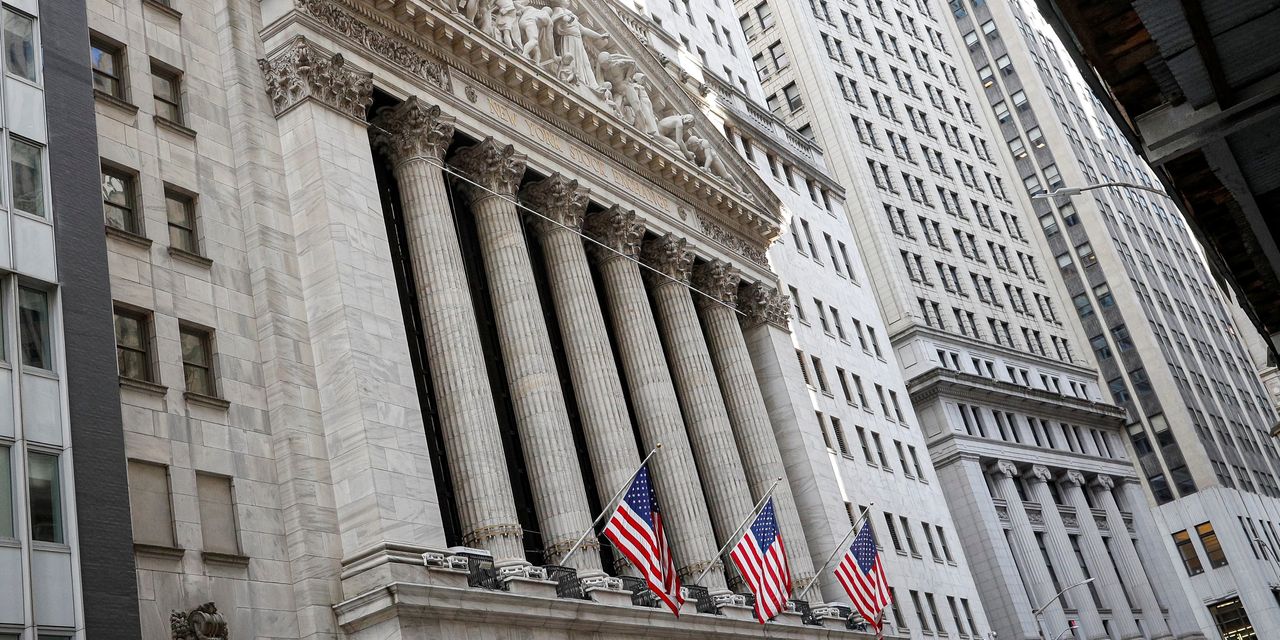https://news.google.com/__i/rss/rd/articles/CBMiU2h0dHBzOi8vd3d3Lndzai5jb20vYXJ0aWNsZXMvZ2xvYmFsLXN0b2NrLW1hcmtldHMtZG93LXVwZGF0ZS0wMy0zMC0yMDIxLTExNjE3MDkwODA00gEA?oc=5
U.S. stock futures ticked down as investors sold down government bonds and richly valued technology stocks that had powered higher in a low-yield environment.
Futures tied to the S&P 500 edged 0.3% lower, indicating that the broad market gauge could post a muted drop after the New York opening bell. Dow Jones Industrial Average futures slid 0.1%. Nasdaq-100 futures retreated 0.7%, suggesting that technology stocks could extend their decline.
In bond markets, the yield on the 10-year Treasury note rose to 1.767%—near its highest level in more than 14 months—from 1.721% Monday. Earlier this month, the yield closed at about 1.730%, its highest since January 2020. Yields rise when prices fall.
This year, investors have exited government bonds as the brightening economic outlook and concerns about higher inflation combined to sap demand for what are seen as the world’s safest assets. Some money managers are betting that the Federal Reserve will raise interest rates in 2023, despite the central bank pledging to keep monetary policy loose until the labor market has recovered and inflation stays above 2% for a period.
“You’ll continue to see the markets test that resolve,” said Hugh Gimber, a strategist at J.P. Morgan Asset Management. “This is basically a big economic experiment that we haven’t seen for many decades, which explains why economic uncertainty is more elevated today.”



















